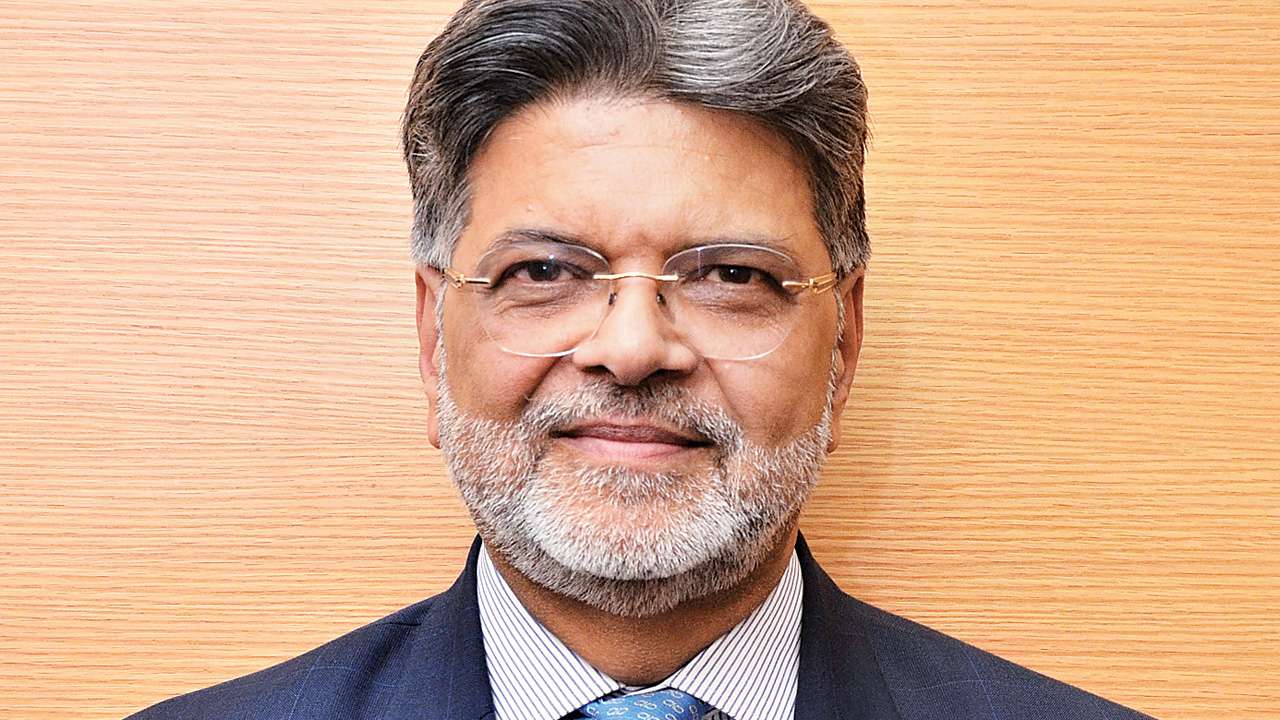
Having pioneered the concept of food and agribusiness-focused private equity (PE) fund in India and Asia back in 2008, Rajesh Srivastava, executive chairman, Rabo Equity Advisors, has played a crucial role in establishing the Rabo India Finance franchise in India. In an interview with Ashish K Tiwari, he spoke about the overall investment scenario in the food and agribusiness space, the PE fund's investments, exits and new fund raise. Edited excerpts…
Foreign direct investment (FDI) and local investors have been multiplying year-on-year in the food and agribusiness sector. In fact, in 2020, we are expecting investments of at least $12-15 billion coming into this sector. My sense is that it will receive at least 10-12% of FDI and foreign institutional investments coming into the country.
Also, there are many sub-sectors in food and agriculture which have not received enough investments. We track 42 sub-sectors in food and agriculture and there is a huge potential in all those sub-sectors.
Prabhat's milk processing business is getting acquired by French dairy major Lactalis. So we will exit when the deal concludes. I think the exit will happen in the next three to four months. We should be making good enough returns on that investment. Similarly, we are in the process of making a few more exits but investments made from fund II will take some time to happen.
From fund I, we have to exit from five companies. One of our investee companies Vacmet, which is a packaging materials maker, is filing for an initial public offer (IPO). This being election time, investors are a bit hesitant. So investment activities are a bit slow.
Yes, but market sentiments are not as strong during the election period. In fund II, we have around $40 million to invest. We will make around two to three investments from this fund. We are also discussing fund III as a follow on fund. However, we first need to make more investments from fund II and investors also want to see successful exits.
The process will start by the third quarter of 2019. In agriculture, foreign investor sentiment is always high. However, due to political events such as elections, there is a bit of waiting time. Yes, it will be around $400 million and expect to close $100-150 million by early next year. We also have to keep in mind the deal sizes. We need to have an adequate number of deals if the fund amount is big.
The market has moved up in our sector. A lot of start-ups and venture capital firms are coming up in this space. And the deal/ ticket size of start-ups is less. Interestingly, there are buyouts happening as well. So you have to pick up majority stakes where deployment is huge but the fund has to be differently focused because you have to run it as a majority owner. So planning of a new fund has to take into account all these factors. It cannot be just growth focused.
Not really. What I meant to say (in earlier media interactions) is that there is an opportunity for distressed funds too. We have not thought of investment into such businesses. In all the sectors, distressed funds are coming up now. But there is not much activity in such funds. However, with the National Company Law Tribunal (NCLT) getting active, there are many opportunities. Distressed funds can buy assets via the NCLT route.
It is growing but food becomes perishable very fast. Companies that can set up the required supply chain including cold storage are doing well. Scaling up such delivery companies is a challenge though. While delivery companies receive multiple rounds of financing growth happens only after five years. Also, most investors in delivery companies are high networth individuals who have set up their family offices.
No. We are a growth fund. We cannot be in an early-stage fund space where there are losses. Their ticket sizes are also small. We put at least $15 million in a new fund.